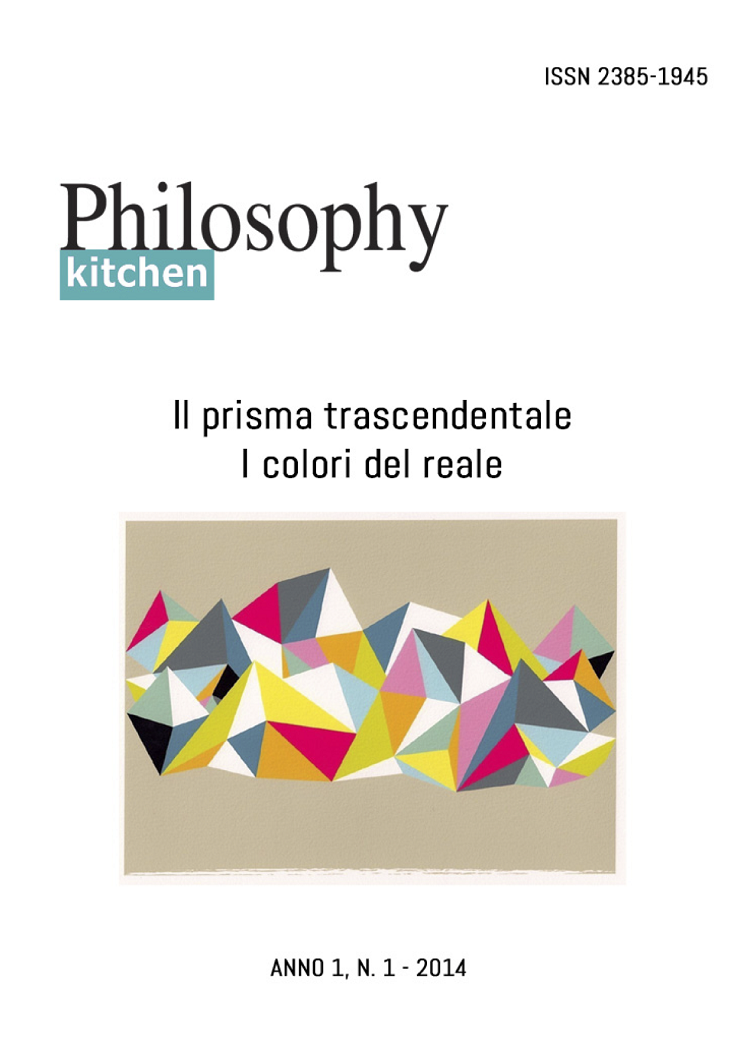The Stupid Genesis of Thought. Transcendental and Symptomatology in G. Deleuze
DOI:
https://doi.org/10.13135/2385-1945/3763Abstract
In this paper I address the issue of the transcendental in Deleuze's thought, with particular emphasis on his reading of Nietzsche, Proust, and Artaud. Deleuze's core argument is that the practice of genealogy allows for a reconsideration of violence, power, décadence, geniality, foolishness, and even stupidity as transcendental components of thought. Indeed, from Deleuze's perspective of transcendental empiricism, thought is generated by the violence of signs, namely those forces which may determine its creative strength or its weakness. Notably, in Deleuze's reading of Nietzsche there emerges how stupidity is in a position of deconstructing the logical locks of the metaphysical conception of truth.






